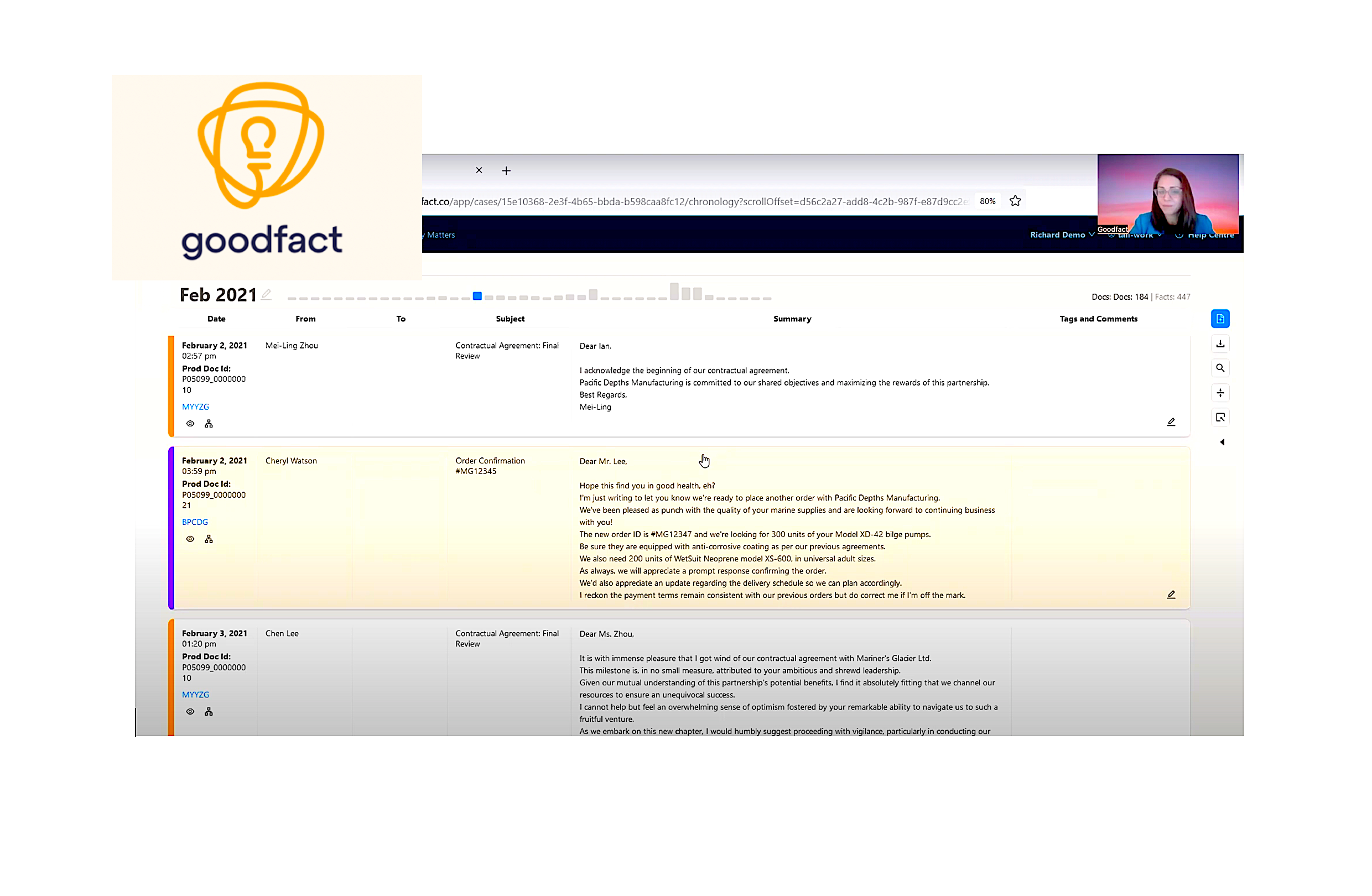Mastering Python Essentials: File Handling, Lambda Functions, and Functional Programming
Introduction Highlight Python's versatility in simplifying tasks. Mention the importance of understanding file handling and functional programming for real-world applications. Section 1: File Handling in Python What is File Handling? File handling allows you to create, read, write, and delete files directly from your program. It's essential for logging, data storage, and configuration management. File Modes "r": Read mode. "w": Write mode (overwrites if the file exists). "a": Append mode (adds content to the end of the file). "rb"/"wb": Read/write in binary mode. Example: Writing to a File # Writing to a file with open("example.txt", "w") as file: file.write("Hello, Dev Community!\n") file.write("Welcome to Python blogging.") # Reading from a file with open("example.txt", "r") as file: content = file.read() print(content) Example: Reading Line by Line with open("example.txt", "r") as file: for line in file: print(line.strip()) Section 2: Lambda Functions What are Lambda Functions? Lambda functions are anonymous, single-expression functions. Syntax: lambda arguments: expression Why Use Lambdas? Useful for short-term use without defining a full function. Example: Lambda to calculate the square of a number square = lambda x: x * x print(square(5)) # Output: 25 Example with Sorting: Sorting based on the second element of a tuple data = [(1, 'apple'), (2, 'banana'), (3, 'cherry')] sorted_data = sorted(data, key=lambda x: x[1]) print(sorted_data) Section 3: The map() and filter() Functions Map() Function The map() Function Applies a function to every item in an iterable (like a list). Syntax: map(function, iterable) Example: numbers = [1, 2, 3, 4] squared = list(map(lambda x: x**2, numbers)) print(squared) # Output: [1, 4, 9, 16] Filter() Function Filters items in an iterable based on a condition. Syntax: filter(function, iterable) Example: numbers = [1, 2, 3, 4, 5, 6] even_numbers = list(filter(lambda x: x % 2 == 0, numbers)) print(even_numbers) # Output: [2, 4, 6] Conclusion Summarize the usefulness of file handling, lambda functions, and functional programming.

Introduction
Highlight Python's versatility in simplifying tasks.
Mention the importance of understanding file handling and functional programming for real-world applications.
Section 1: File Handling in Python
What is File Handling?
File handling allows you to create, read, write, and delete files directly from your program.
It's essential for logging, data storage, and configuration management.
File Modes
"r": Read mode.
"w": Write mode (overwrites if the file exists).
"a": Append mode (adds content to the end of the file).
"rb"/"wb": Read/write in binary mode.
Example: Writing to a File
# Writing to a file
with open("example.txt", "w") as file:
file.write("Hello, Dev Community!\n")
file.write("Welcome to Python blogging.")
# Reading from a file
with open("example.txt", "r") as file:
content = file.read()
print(content)
Example: Reading Line by Line
with open("example.txt", "r") as file:
for line in file:
print(line.strip())
Section 2: Lambda Functions
What are Lambda Functions?
Lambda functions are anonymous, single-expression functions.
Syntax: lambda arguments: expression
Why Use Lambdas?
Useful for short-term use without defining a full function.
Example:
Lambda to calculate the square of a number
square = lambda x: x * x
print(square(5)) # Output: 25
Example with Sorting:
Sorting based on the second element of a tuple
data = [(1, 'apple'), (2, 'banana'), (3, 'cherry')]
sorted_data = sorted(data, key=lambda x: x[1])
print(sorted_data)
Section 3: The map() and filter() Functions
Map() Function
The map() Function Applies a function to every item in an iterable (like a list).
Syntax: map(function, iterable)
Example:
numbers = [1, 2, 3, 4]
squared = list(map(lambda x: x**2, numbers))
print(squared) # Output: [1, 4, 9, 16]
Filter() Function
Filters items in an iterable based on a condition.
Syntax: filter(function, iterable)
Example:
numbers = [1, 2, 3, 4, 5, 6]
even_numbers = list(filter(lambda x: x % 2 == 0, numbers))
print(even_numbers) # Output: [2, 4, 6]
Conclusion
Summarize the usefulness of file handling, lambda functions, and functional programming.
What's Your Reaction?



















.webp?#)








